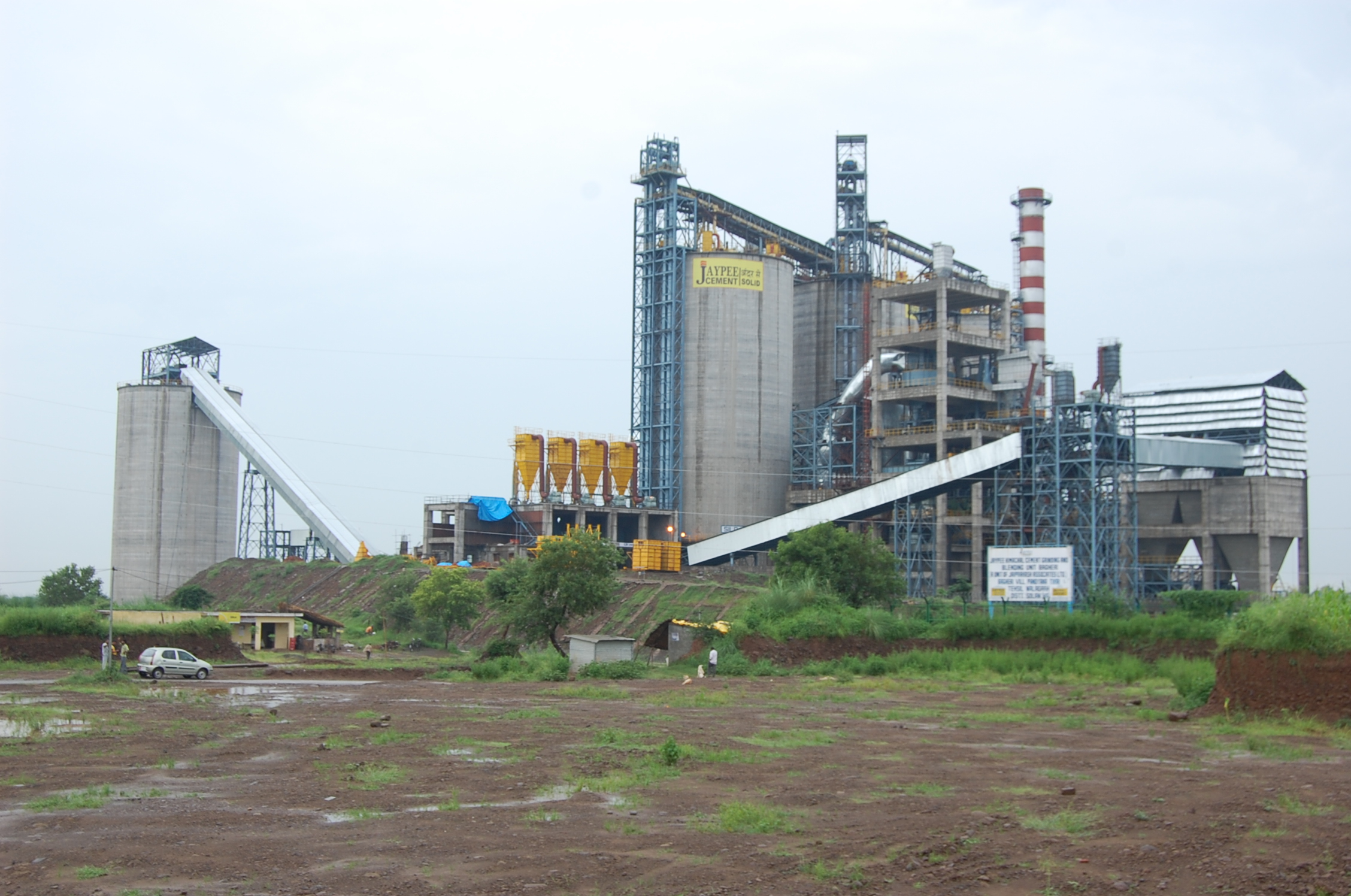Ambika Sharma
The Tribune, Solan, March 19
Having woken up from its slumber after an NGO released reports of toxic heavy metals in the air quality of the JP Cement Blending and Grinding Unit at Bagheri, the State Pollution Control Board has issued a 15-day show-cause notice to the plant for their failure to maintain ambient air quality in its administrative block. However, the quality of air in its other areas was found within permissible limits.
The notice issued on March 15, follows an air quality sampling conducted on March 8-9 following an NGO’s report which had detected the presence of heavy metals like lead, nickel, cadmium, manganese, etc., in two cement plants- the JP Cements and the Ambuja Cements. The ambient air quality of the Ambuja Cements was, however, found within permissible limits.
The board, while terming the ambient air quality results as not confirming to the laid norms, stated that the devices were not operating properly. This was a violation of the Air (Prevention and Control of Pollution) Act, 1981, attracting punitive action under Sections 37, 38 and 39 of the Act which included a fine of Rs 10,000 or imprisonment of seven years or both.
The board while directing the plant to improve its emissions and air control devices as laid down in the Environment (Protection) Rules, 1986, within 15 days had warned that if the compliance was not proper the unit could face disconnection of its power supply and even shut down of its plant.
Interestingly, though the air sampling was taken from various parts of the unit, including clinker site, residential areas, only particulate matter in the administrative block had shown adverse results. The presence of lead was found in safe limits though as per the NGO’s report its level had far exceeded the permissible limit.
The board officials, however, did not conduct sampling of other heavy metals, including nickel, sulphur dioxide, nitrogen dioxide and carbon monoxide which had been laid down by the Central Pollution Control Board’s revised norms. With fly ash and gypsum lying openly in the unit, there was a high probability of the air containing these chemicals. The board, thus, appeared to have done merely a cursory exercise after release of the NGO’s report and failed to take serious steps to control pollution which was putting the health of the locals at risk.
Board’s member secretary SK Singla’s could not be contacted for comments as his cell phone was switched off. However, as per a recent order of the state government the officials had been directed to remain available on their cell phones even on holidays.
http://www.tribuneindia.com/2011/20110320/himachal.htm#6






